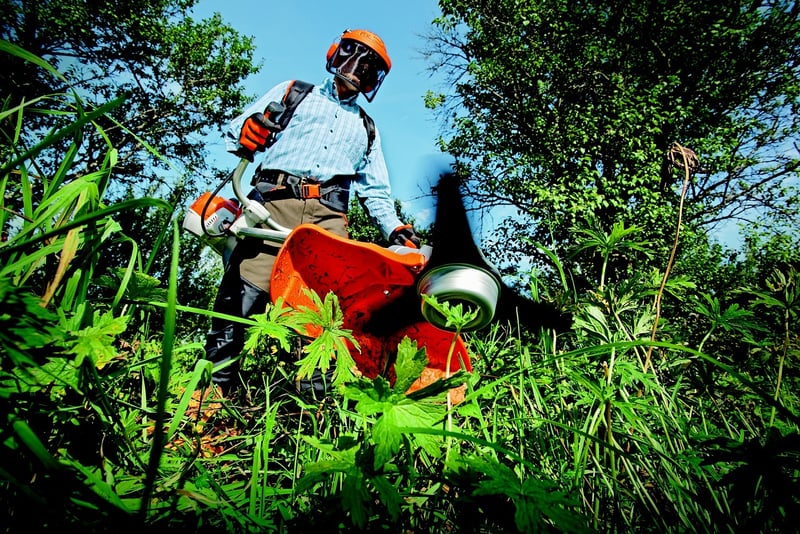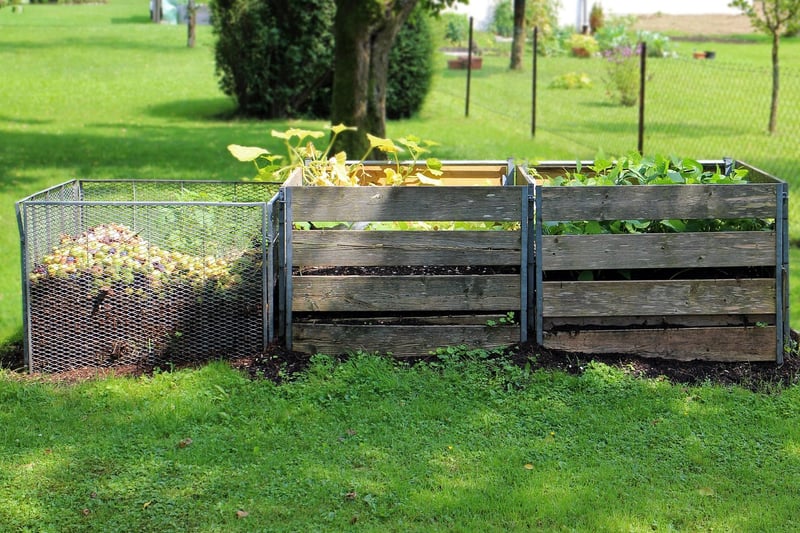Composting Tips
#Upcycling
#Herbs
#Composting
Creative Urban Gardening and Composting Tips
Introduction
Urban gardening and composting are fantastic ways to reconnect with nature and reduce your environmental footprint, even in a city setting. Whether you have a small balcony, a rooftop, or just a windowsill, you can still grow your own plants and produce nutrient-rich compost for your garden.
Urban Gardening Tips
- Choose the Right Plants: Opt for plants that thrive in containers such as herbs, cherry tomatoes, lettuce, and peppers.
- Vertical Gardening: Utilize vertical space by installing trellises or hanging planters to maximize your growing area.
- Use Smart Containers: Select containers with proper drainage holes and consider self-watering pots to ensure your plants receive adequate moisture.
- Companion Planting: Pairing compatible plants together can help deter pests and promote growth. For example, planting basil near tomatoes can improve their flavor.
- Regular Maintenance: Water your plants regularly, provide adequate sunlight, and fertilize as needed to ensure healthy growth.
Composting Tips
- Start Small: Begin with a small composting bin or even a composting tumbler if space is limited.
- Balance Your Compost: Aim for a mix of green materials (kitchen scraps, grass clippings) and brown materials (dried leaves, paper) to maintain a healthy compost pile.
- Aerate Your Compost: Turn your compost pile regularly to introduce oxygen and accelerate decomposition.
- Monitor Moisture Levels: Your compost should be as damp as a wrung-out sponge. Add water if it's too dry or more brown materials if it's too wet.
- Use Compost Wisely: Once your compost is ready, use it to enrich your urban garden soil for healthier plants.
Conclusion
Urban gardening and composting go hand in hand, offering a sustainable way to grow your own food and reduce waste. By following these creative tips, you can transform your urban space into a green oasis while contributing to a healthier environment.


